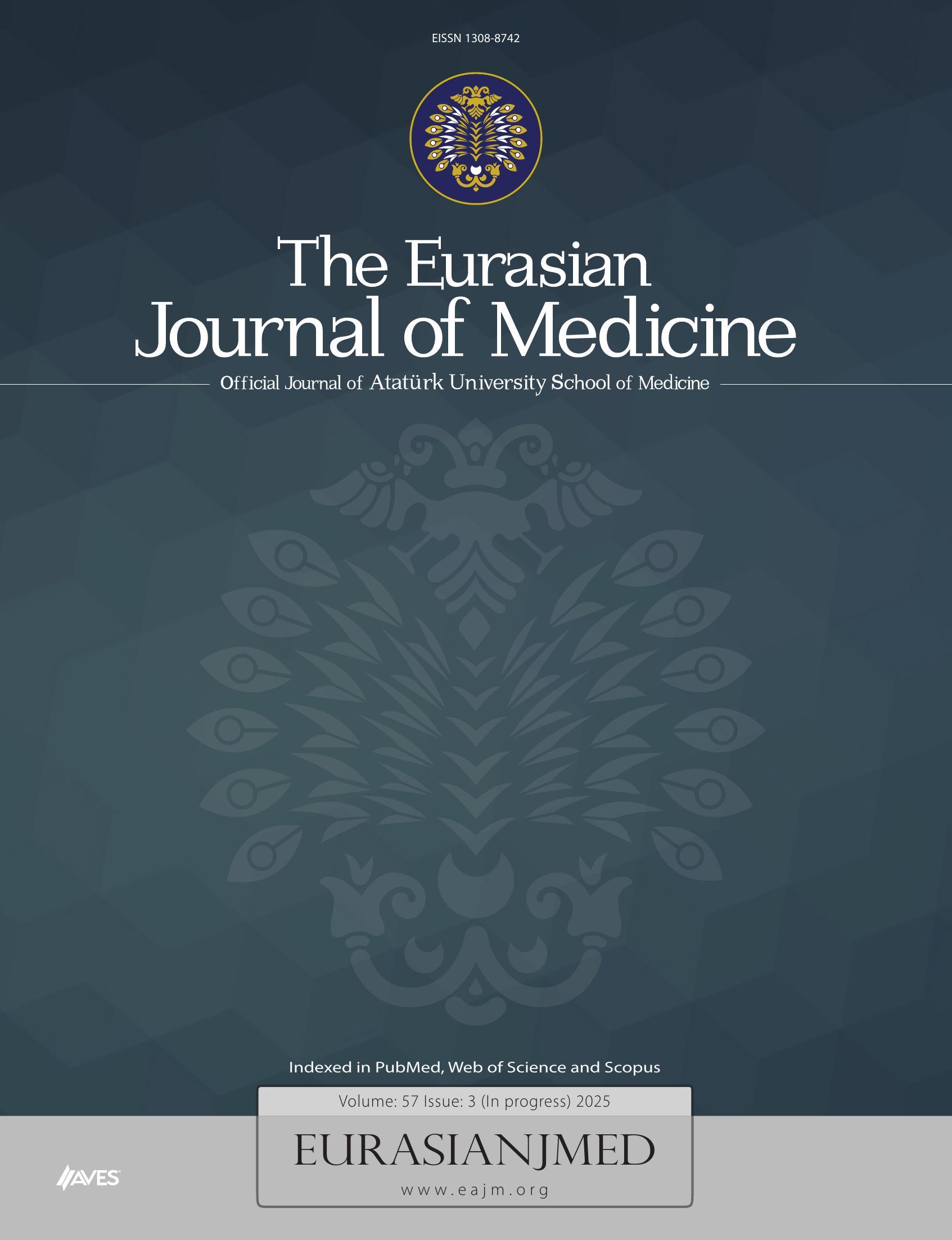Objective: Atrial fibrillation (AF) is the most commonly encountered arhythmia in clinical practice and constitutes one-third of the hospitalizations related to cardiac dysrhythmia. Furthermore, it is the most common reason for hospital admissions involving dysrhythmia complaints and is associated with the decrease in quality of life, functional capacity, cardiac performance, and lifespan.
Materials and Methods: This methodological study, which aims to assess the validity and reliability of the JAKQ, was conducted with patients (n = 175) who were admitted to the emergency clinic of Atatürk University Research Hospital between December 2016 and June 2018 and who were diagnosed with atrial fibrillation and met the inclusion criteria. The data were collected using a “Personal Information Form” and the “Jessa Atrial Fibrillation Knowledge Questionnaire (JAKQ).
Results: The exploratory factor analysis carried out to determine the construct validity of the scale showed that it had a three-dimensional structure and that its factor loads were within the appropriate range. The internal consistency analyses of the scale revealed that the Cronbach’s alpha coefficient was 0.84 and that the item-total score correlations were at an adequate level. The correlation value of the test-retest conducted to test the time invariance of the scale was found to be 0.87, and there was a statistically significant relationship between the two applications (P < .001).
Conclusion: The study results showed that the structure of the Turkish version of the Jessa Atrial Fibrillation Questionnaire was similar to the structure of the original scale, that its validity and reliability were considerably high and that it could be used in Turkey.
Cite this article as: Özlü İ, Bayramoğlu A. Turkish validity and reliability study of jessa atrial fibrillation knowledge questionnaire (JAKQ). Eurasian J Med. 2021; 53(3):197–202

.png)


.png)
.png)